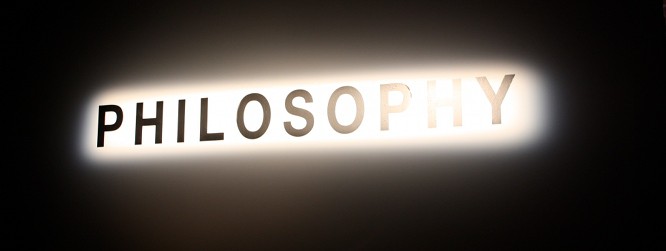
Beyond May Day: From ritual to resistance
by Jeff Shantz Perhaps few recurring events show the great disparity that exists between activist subcultures and broader working class and poor communities in North America than the May Day celebrations that happen each year (with a few exceptions). Despite its proud origins in working class movements of resistance, and its resonance in the mass struggles of the 1930s, May Day in Canada and the US has become little more than a historical commemoration among certain subcultures, an opportunity to (once again) unfurl black flags and distribute pamphlets (largely to one another). For the most part May Day events are … Continue reading Beyond May Day: From ritual to resistance





